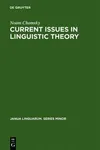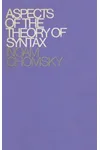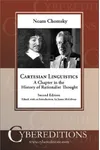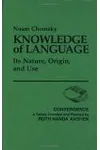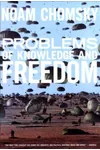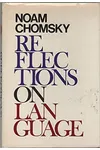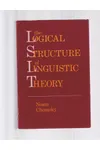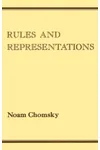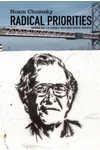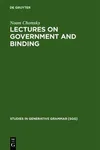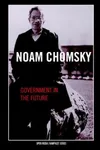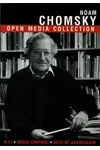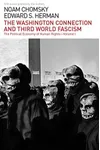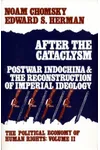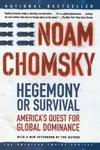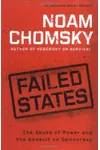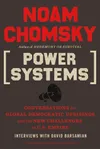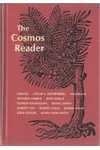Picture a thinker who reshaped how we understand language and challenged global power structures—meet Noam Chomsky! Born in 1928, this American linguist, philosopher, and activist has spent decades sparking intellectual revolutions with his groundbreaking theories and fearless critiques. With over 100 books and a legacy that spans linguistics to social justice, Chomsky’s voice remains a beacon for curious minds.
The Making of Noam Chomsky
Born in Philadelphia to a Jewish family, Noam Chomsky grew up immersed in ideas. His father, a Hebrew scholar, and his mother, an activist, shaped his early curiosity. By age 10, he was writing for his school newspaper, tackling big issues like the Spanish Civil War. At the University of Pennsylvania, Chomsky studied linguistics, mathematics, and philosophy, setting the stage for his transformative career. His 1955 doctoral dissertation laid the foundation for modern linguistics, introducing ideas that would redefine the field.
Noam Chomsky’s Groundbreaking Works and Style
Chomsky’s work blends razor-sharp analysis with a passion for truth. In linguistics, his 1957 book Syntactic Structures introduced the concept of universal grammar, arguing that humans are hardwired for language. This revolutionized the field, influencing psychology, cognitive science, and even AI. His later work, Aspects of the Theory of Syntax (1965), deepened these ideas, cementing his academic legacy.
Beyond linguistics, Chomsky’s political writings are equally powerful. Books like Manufacturing Consent (1988), co-authored with Edward S. Herman, exposed how media shapes public opinion, offering a scathing critique of propaganda. His 2003 book Hegemony or Survival tackled U.S. foreign policy, blending meticulous research with moral urgency. Chomsky’s style is clear, relentless, and unapologetic, urging readers to question authority and think critically.
Whether dissecting language or global politics, Chomsky’s works share a common thread: a deep belief in human potential and a call to challenge oppressive systems. His writing, though dense with ideas, is accessible to those willing to dive in, making complex concepts feel urgent and relevant.
Why Noam Chomsky Matters
Chomsky’s impact is monumental. In linguistics, he shifted how we understand the mind, influencing fields from neuroscience to computer science. In activism, his critiques of capitalism, imperialism, and media have inspired generations of activists and scholars. At MIT, where he taught for decades, he mentored countless students, fostering critical thinking. Even in his 90s, Chomsky remains active, writing and speaking on issues like climate change and democracy, proving his ideas are timeless.
His legacy lies in empowering people to question the status quo. From Occupy Wall Street to modern linguistic research, Chomsky’s fingerprints are everywhere, reminding us that one voice can spark change.
About Noam Chomsky
- Born: December 7, 1928, Philadelphia, USA
- Key Works: Syntactic Structures, Manufacturing Consent, Hegemony or Survival
- Awards: Kyoto Prize (1988), Orwell Award (1987, 1989)
Ready to explore a mind that changed the world? Grab Manufacturing Consent or Syntactic Structures and dive into Noam Chomsky’s brilliant, rebellious universe!

